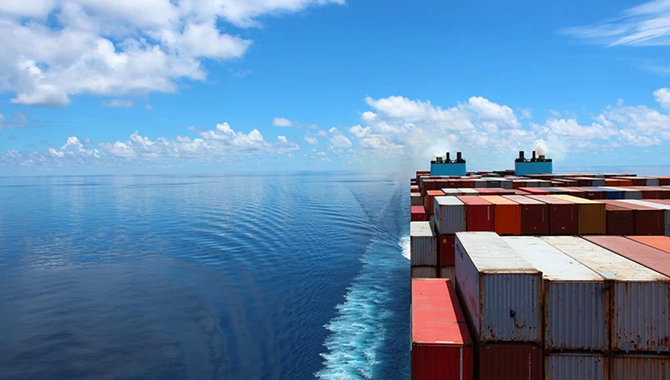Renewable methanol is seen as a viable fuel option in accelerating the decarbonization of maritime industries, Methanol Institute CEO Greg Dolan said at methanol industry group IMPCA’s conference in Miami Feb. 15.
“With 80 renewable methanol projects already announced, we are seeing clear signs of an incoming wave of bio-methanol and e-methanol production,” he said.
According to the Methanol Institute and the report it produced with the International Renewable Energy Agency, bio-methanol will cost $700-$900/mt, while e-methanol’s cost looks to be $1,200-$1,600/mt. By 2050, methanol production can reach 500 million mt/year, out of which almost 400 million mt will be bio-methanol or e-methanol.
Bio-methanol is considered methanol that comes from waste streams, while e-methanol comes from green hydrogen and captured CO2. Both classify as renewable or green methanol.
Making the comparison
With carbon intensity accounting being the ultimate goal of the green methanol users, the carbon intensity of the fuel, in comparison to the fossil equivalent, will be one of the key drivers in determining the price and level of demand.
Depending on the feedstock and production process, methanol’s carbon footprint can be reduced by 65%-90%.
“MethanoI Institute and IMPCA working together assist the methanol industry in developing a common platform for carbon intensity accounting,” Dolan said.
The methanol molecule has the same energy and chemical characteristics, whether it is classed as fossil or green methanol.
Going global
2022 was when methanol went global in the shipping industry, with a surge in methanol dual fueled vessels, with large shipping companies leading orders, according to Dolan.
The first game changer was the International Maritime Organization announcement of standards for the use of gases or other low-flashpoint fuels, such as methanol, in maritime transport. The second game changer was Maersk’s initial vessel order that came on the back of the demand it had from its customers who wanted to reduce the carbon footprint of the transportation of their goods, Dolan said.
“We are not transitioning to green methanol overnight,” he said of shipping. “It will be a journey.”
Following Maersk’s orders came others in a wide range that will run on methanol.
Engine manufacturer MAN had 82 large methanol engines on order, with 23 already in operation, and all other engine manufacturers were entering the methanol ship engines market, he said.
Source: Platts
The opinions expressed herein are the author's and not necessarily those of The Xinde Marine News.
Please Contact Us at:
media@xindemarine.com


 Ningbo Containerized Freight Index Weekly Commentar
Ningbo Containerized Freight Index Weekly Commentar  Ningbo Containerized Freight Index Weekly Commentar
Ningbo Containerized Freight Index Weekly Commentar  Ningbo Containerized Freight Index Weekly Commentar
Ningbo Containerized Freight Index Weekly Commentar  BIMCO Shipping Number of the Week: Bulker newbuildi
BIMCO Shipping Number of the Week: Bulker newbuildi  Ningbo Containerized Freight Index Weekly Commentar
Ningbo Containerized Freight Index Weekly Commentar  Ningbo Containerized Freight Index Weekly Commentar
Ningbo Containerized Freight Index Weekly Commentar